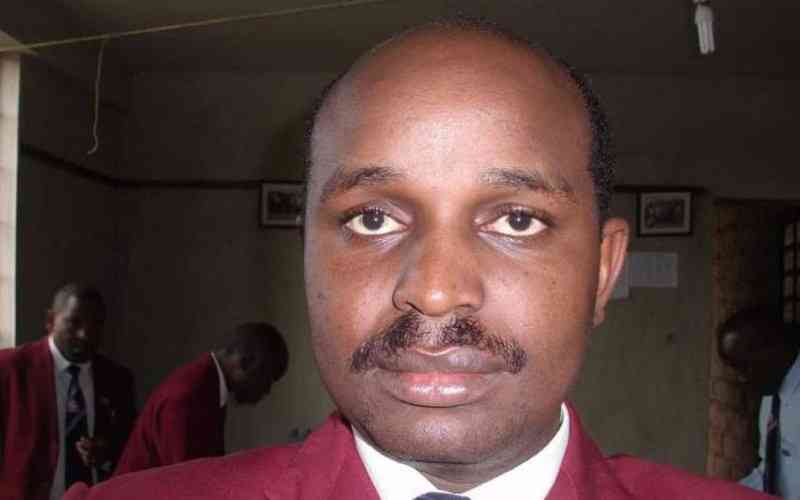newsdirectory3, Author at News Directory 3
SEOUL — Lee Jun-seok, a leading candidate for the Reformed party, has voiced strong criticism against the Democratic Party’s proposed public medical commitment.Speaking at the Korean Medical association (KMA) general assembly, Lee warned that the proposal risks replicating the conflicts seen under the Yoon Seok-yeol management and ultimately proving ineffective.
During his visit to the KMA, Lee addressed reporters, expressing skepticism about the Democratic Party’s approach. He argued that simply establishing public medical schools isn’t a comprehensive solution to healthcare access issues.
“If there’s no distinction between local practicing doctors and others, those fulfilling their public health service requirement will eventually gravitate towards Seoul,” Lee stated. “This undermines the intended purpose of public medical schools.”
Lee emphasized the importance of a careful and considered approach to healthcare policy, cautioning against actions that could provoke the medical community. He suggested that a premature or ill-conceived strategy,similar to what he perceived under the current administration,could be detrimental.
“The key is to foster collaboration and understanding,” Lee asserted. “We need to engage with medical professionals and address their concerns to create effective and lasting healthcare solutions.”
Lee also challenged the selective use of Organization for Economic Cooperation and Growth (OECD) statistics to justify increasing the number of doctors. He argued that the quality of medical services in South Korea is already high, despite having fewer doctors per capita compared to some other OECD nations.
“We shouldn’t cherry-pick statistics to support a predetermined agenda,” Lee said. “The issue isn’t solely about the number of doctors; it’s about addressing systemic issues and ensuring equitable access to quality care.”
Lee further elaborated on his proposal for an independent Ministry of Health, separate from the Ministry of Health and Welfare. He explained that the current structure, where health and welfare are combined, has led to a shift in focus, perhaps compromising healthcare policy decisions.
“Historically, it was the Ministry of Health and Social Affairs, but over time, welfare has taken precedence,” Lee explained. “This has resulted in health policies being influenced by individuals without sufficient expertise in the field, leading to disruptions in medical services.”
Lee concluded by stating that streamlining government ministries from 19 to 13, as proposed, presents an prospect to strengthen the health sector. He believes that separating health and welfare would allow for a more focused and effective approach to addressing the nation’s healthcare needs.
Lee Jun-seok, a leading candidate for the Reformed Party, has presented several proposals aimed at reforming South Korea’s healthcare system.His key arguments, voiced at the Korean medical Association (KMA) general assembly, center around the effectiveness of public medical schools, the importance of collaborating wiht the medical community, and the structure of the Ministry of Health.
Lee is skeptical of the Democratic Party’s approach. He believes simply establishing public medical schools isn’t a extensive solution to healthcare access issues. his primary concern is that without incentives, doctors fulfilling their public health service requirements will likely move to Seoul, undermining the intended purpose of these schools.
Lee stresses the importance of a careful, considered approach to healthcare policy. He warns against actions that could provoke the medical community, suggesting that a premature or poorly conceived strategy could be detrimental.He believes that fostering collaboration and understanding with medical professionals is key to creating effective and lasting healthcare solutions. He also seems to imply that the current administration has not collaborated effectively with the medical community.
Lee challenges the selective use of Association for Economic Cooperation and Development (OECD) statistics to justify increasing the number of doctors. He argues that the quality of medical services in South korea is already high,despite having fewer doctors per capita compared to some other OECD nations. He believes that the focus should be on addressing systemic issues and ensuring equitable access to quality care rather than solely on increasing the doctor count.
Lee proposes separating the Ministry of Health from the Ministry of Health and Welfare to create a more focused government structure. He argues the current combined structure has led to a shift in focus, potentially compromising healthcare policy decisions. He believes that an independent Ministry of Health would allow for a more effective approach to addressing the nation’s healthcare needs.
Lee supports streamlining government ministries from 19 to 13. he believes this streamlining presents an opportunity to strengthen the health sector. Specifically, separating health and welfare would allow for a more focused and effective approach to addressing the nation’s healthcare needs.
Summary of Lee’s healthcare Reform Proposals
Here’s a concise summary of Lee Jun-seok’s key proposals based on the provided text:
| Proposal | Key Argument |
|---|---|
| skepticism of Public Medical Schools | Simply establishing schools isn’t enough; potential for doctors to gravitate towards Seoul. |
| Emphasis on Collaboration | Avoid actions that could provoke the medical community; focus on engagement and understanding. |
| Questioning of OECD Statistics | Don’t cherry-pick statistics; address systemic issues, not just the number of doctors. |
| Independent Ministry of Health | Separate health from welfare to avoid focus shifts and prioritize healthcare policy. |
| Streamlining Government | Reducing ministries can strengthen the health sector. |












